
Why Australia’s community organisations need a new governance model
Posted on 25 Feb 2026
Australia’s community organisations are quietly holding society together. From local sporting clubs…
Posted on 26 Oct 2023
By Greg Thom, journalist, Institute of Community Directors Australia

The Australian Charities and Not-for-profits Commission (ACNC) has published new advice in relation to donating to overseas aid organisations.
The guidance comes amid multiple appeals to the Australian public in recent weeks from humanitarian aid groups such as Save the Children, World Vision and Care Australia highlighting the plight of victims of tragic events overseas.
Appeals have included calls for help to address the violence in Syria, earthquakes in Morocco and Afghanistan, and the escalating crisis in Gaza.
The ACNC urged people wanting to donate to first check its Charity Register, to ensure they donate to registered charities running verified appeals.
The register provides details such as:
“These are basic signs that a charity is accountable, follows the rules and is transparent about the way it uses its funds,” the guidance states.
The regulator also suggested checking if charities providing relief to humanitarian crises are members of the Australian Council for International Development (ACFID).
The ACNC said ACFID members:
The Australian Department of Foreign Affairs and Trade (DFAT) has also advised donors to give money only to reputable organisations.
“Over the past few weeks, we have been reeling from one crisis to the next and while statistics are important, it's really the human stories that cut through and resonate.”
One agency that has been active in shining a light on humanitarian crisis in foreign lands in recent weeks is Save the Children Australia.
In 2O22 Save the Children’s donors in Australia contributed more than $2.9 million to global emergency responses ranging from the Ukraine conflict to hunger in Africa.
Over the past two months, Save the Children Australia has highlighted a string of overseas crises, including:
Humanitarian aid organisations typically offer people the choice to donate via their websites.
Visitors to the Save the Children website are informed their “generous donation today has the power to save and transform the life of a child.
“You can become the lifeline for a child suffering from deadly hunger, caught in brutal conflicts, or living in constant fear of abuse. Together, we can make a significant impact, both here in Australia and in some of the most challenging regions around the world.”

With so many foreign crises vying for the attention of Australians distracted by domestic issues such as the cost-of-living crisis and recent Voice referendum debate, it can be difficult to cut through the noise.
Care Australia paid tribute to Australians’ generosity when it comes to overseas aid and empathy for those negatively affected by events overseas but acknowledged it could be difficult gain attention.
“In just the past few weeks, ourselves and other NGOs such as Save the Children and World Vision have called attention to rolling crisis around the world, from earthquakes in Morocco and Afghanistan to the events in Gaza,” he said.
“Australians are giving more and more when the cost-of-living makes things increasingly challenging.
“We (NGOs) still have an important role to play in highlighting humanitarian suffering and to paint an accurate picture of what is happening on the ground.”
The spokesperson said the key to reaching the hearts and minds of Australians when it comes to raising awareness of tragic events beyond our shores was to tell the human stories of those most affected.
“Over the past few weeks, we have been reeling from one crisis to the next and while statistics are important, it's really the human stories that cut through and resonate,” he said.
“Our close proximity to communities, to families on the ground, gives us that unique insight when a crisis hits and enables us to convey a unique humanitarian narrative, which is key to maintaining that conversation with the Australian public.”

Posted on 25 Feb 2026
Australia’s community organisations are quietly holding society together. From local sporting clubs…
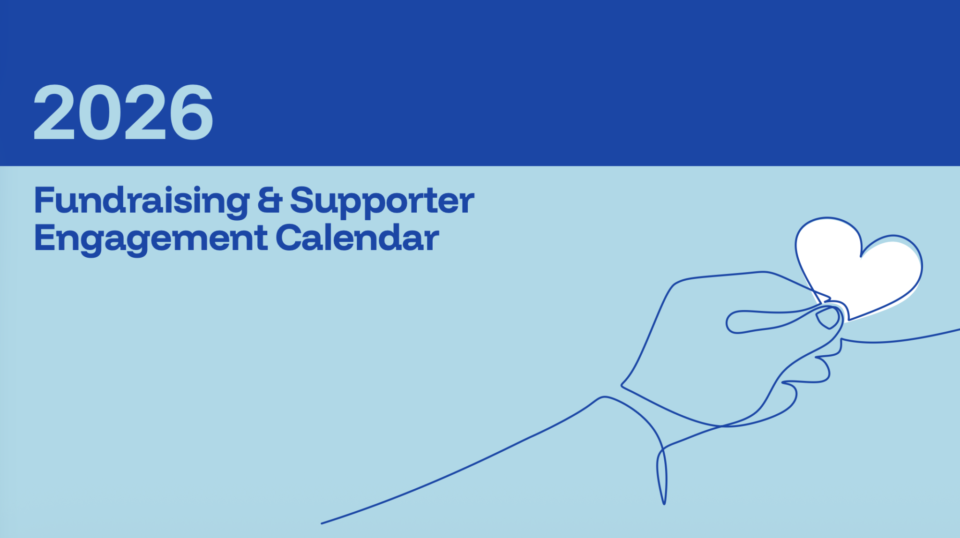
Posted on 25 Feb 2026
Writing communications for donors, stakeholders, regulators and the public can be a relentless task…
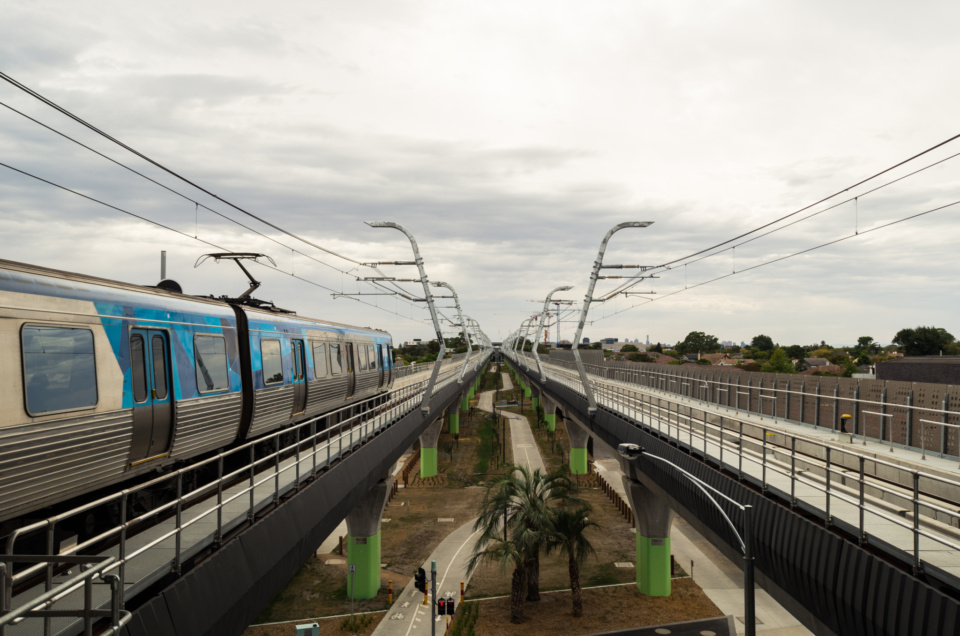
Posted on 25 Feb 2026
A Victorian suburb's hot debate about whether trains should live underground or in the sky ended…
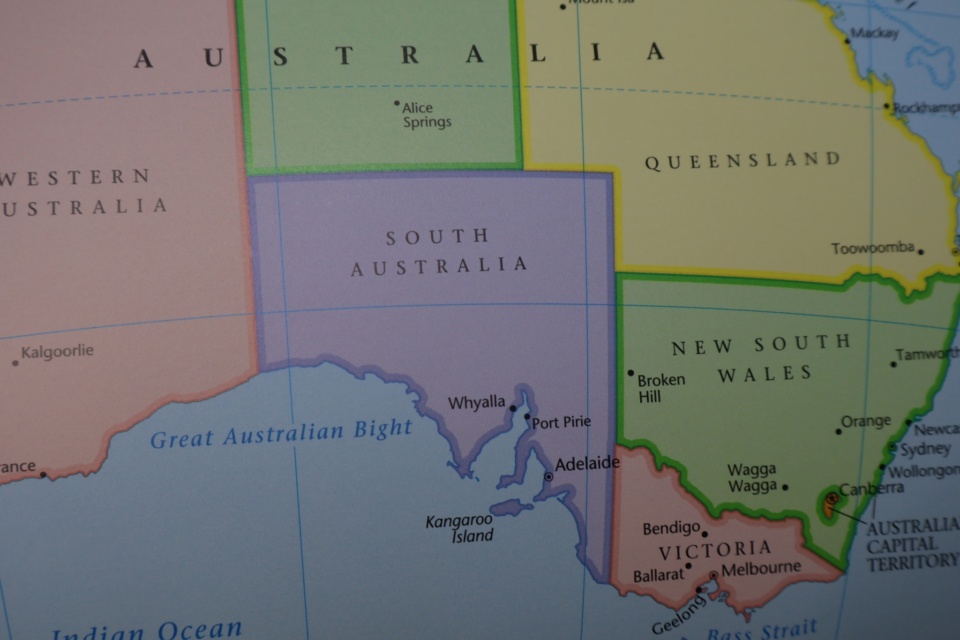
Posted on 25 Feb 2026
Three years after the federal government announced that national fundraising principles would be…
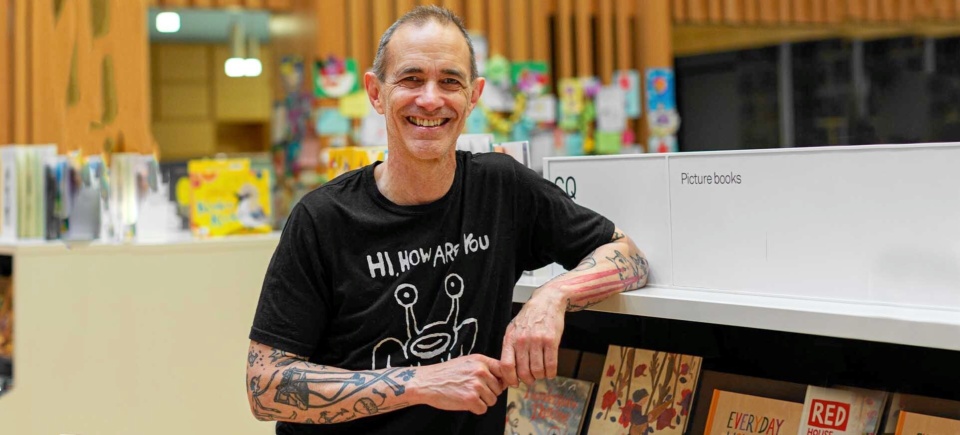
Posted on 25 Feb 2026
Author Andy Griffiths has spent 30 years bringing “punk rock” to children’s books, making kids…
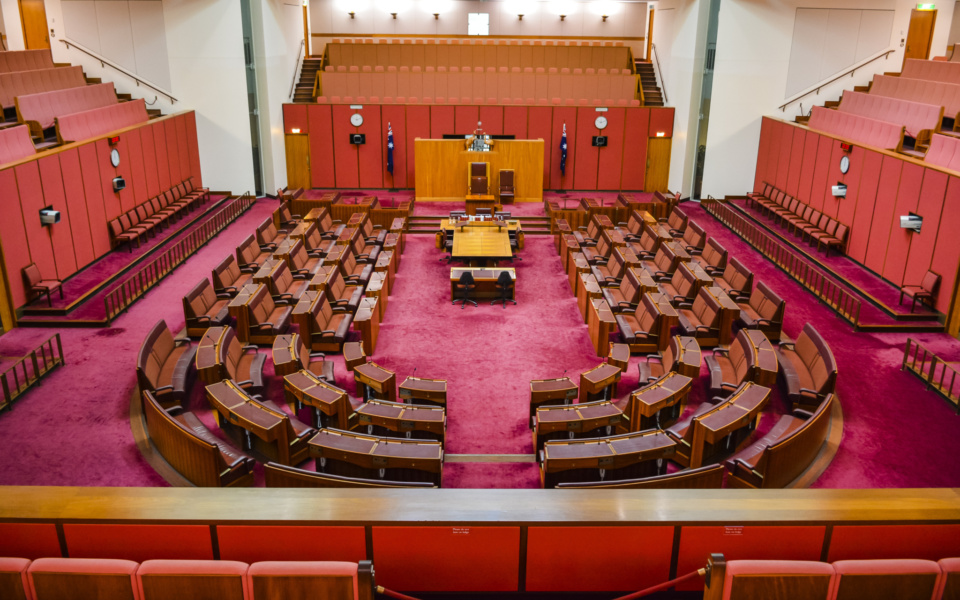
Posted on 25 Feb 2026
Senator Dean Smith is back as shadow minister for charities, and he’s told the Community Advocate…

Posted on 18 Feb 2026
Around 50 per cent of all funding for charities in Australia comes from government. The nature of…

Posted on 18 Feb 2026
You wouldn’t try to fix a complex system with one tool. You’d widen the toolkit, improve the…

Posted on 18 Feb 2026
Australia’s champion laundry van charity, Orange Sky, has announced it is ready to expand into…

Posted on 18 Feb 2026
To have any hope of hitting the grand plan of doubling philanthropy by 2030, Australia needs one…

Posted on 18 Feb 2026
When Nyiyaparli woman Jahna Cedar travels to New York next month as part of the Australian…

Posted on 17 Feb 2026
This is the full academic version of Dr Oksana King's thoughts on the need to better compensate and…